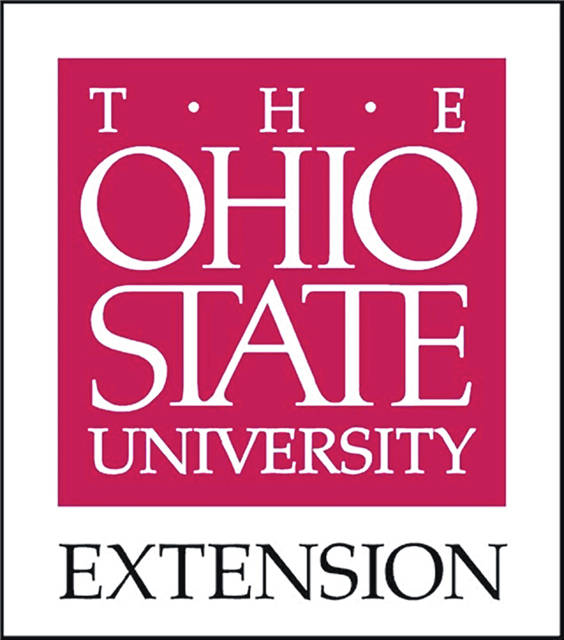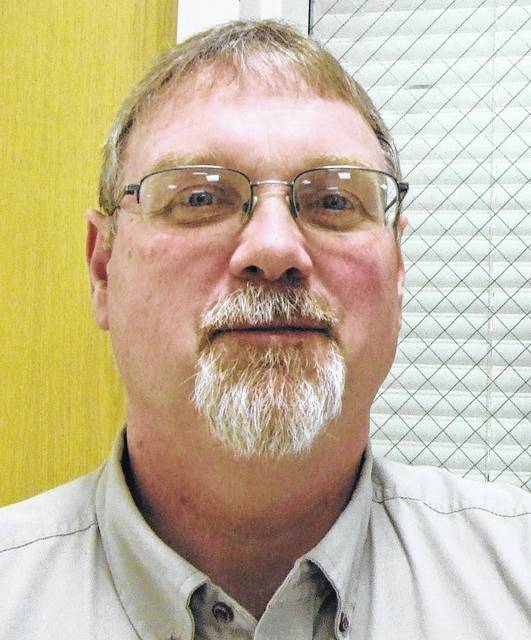

As COVID-19 continues to keep its firm hold on all of our lives. please continue to pay close attention to your health and your family’s health. We at the Clinton County Extension Office are all working from our homes as directed.
We realize many of you have questions regarding many of our Extension programs, committees and future programming beyond April. Keep in mind that we area uncertain in many cases because we just don’t know until this situation around the nation and the world starts to get back to a healed or healing state.
As I stated, we are working from home and we can be reached most effectively through our email accounts. So I am providing our emails for each of our staff as follows:
• Tony Nye, Agriculture, [email protected]
• Tracie Montague, Youth Development – 4H, [email protected]
• Ann Foxworthy, Jr. Fair Coordinator, [email protected]
• Candy Matthews, Office Associate, [email protected]
• Kacey Burns, SNAP-Ed, [email protected].
Please do not hesitate to communicate with all of us from the Clinton County Extension Office. We can help you with your questions regarding all of our programming areas and can provide you with the necessary information that you are seeking. Please be safe and healthy.
As a part of the agricultural world we have begun to get questions regarding COVID-19 coronavirus and its overall effect on agriculture. Thanks to Gustavo M. Schuenemann, DVM, MS, PhD, Professor & Extension Veterinarian and Jeffrey D. Workman, PhD, Extension Program Coordinator as they have provided the following information addresses some of the questions.
What is COVID-19 coronavirus?
COVID-19 is an infection caused by a novel (or new) strain of coronavirus. This strain is new; thus, people around the world do not yet have any immunity to the virus.
Group immunity means a high enough proportion of individuals in a population are immune; thus, the majority will protect the few susceptible individuals because the pathogen is less likely to find a susceptible individual. This virus strain is very contagious before any signs or symptoms of sickness appear. It spreads very easily from person to person and has become a worldwide pandemic.
In addition, this strain of virus can cause serious disease and death in elderly people and those with underlying health conditions such as heart disease, lung disease, and diabetes. Anyone who has a suppressed immune system (immunocompromised) is also considered high risk.
CDC: https://www.cdc.gov/coronavirus/2019-ncov/index.html
Are the risks and concerns regarding COVID-19 coronavirus different on a farm?
The difference between a farm and some other workplaces is that most work cannot be performed remotely. People must be physically present to feed, milk, and care for animals or crops.
While automation may reduce the number of people necessary on some farms (e.g., robotic milkers, automatic feed pushers, automatic calf feeders, etc.), people are still needed onsite to operate and manage the automated systems as well as to provide care that cannot be automated.
Is there anyone available to communicate remotely with my employees at the farm?
Yes, we are available to assist farmers remotely via conference call (e.g., Zoom, WhatsApp). Please contact Dr. Jeff Workman at [email protected] or Dr. Gustavo M. Schuenemann at [email protected] (Ph: 614-625-0680).
Can livestock or other animals be infected with the COVID-19 coronavirus?
The Center for Disease Control and Preventions (CDC) has reported that while this virus seems to have emerged in China from an animal source, it is now spreading from person-to-person.
There is no reason to believe that any animals including livestock or pets in the United States might be a source of infection with this new coronavirus.
There are bovine coronavirus infections that are caused by different strains of coronavirus such as: calf diarrhea, winter dysentery in cows, and bovine respiratory disease complex (shipping fever).
It is illegal and dangerous to use any vaccines or drugs labeled for cattle for human use. No current products will help prevent or cure COVID-19.
Merck Veterinary Manual:
https://www.merckvetmanual.com/digestive-system/intestinal-diseases-in-ruminants/intestinal-diseases-in-cattle
CDC: https://www.cdc.gov/coronavirus/2019-ncov/faq.html#animals .
Tony Nye is the state coordinator for the Ohio State University Extension Small Farm Program and has been an OSU Extension Educator for agriculture and natural resources for over 30 years, currently serving Clinton County and the Miami Valley EERA.



